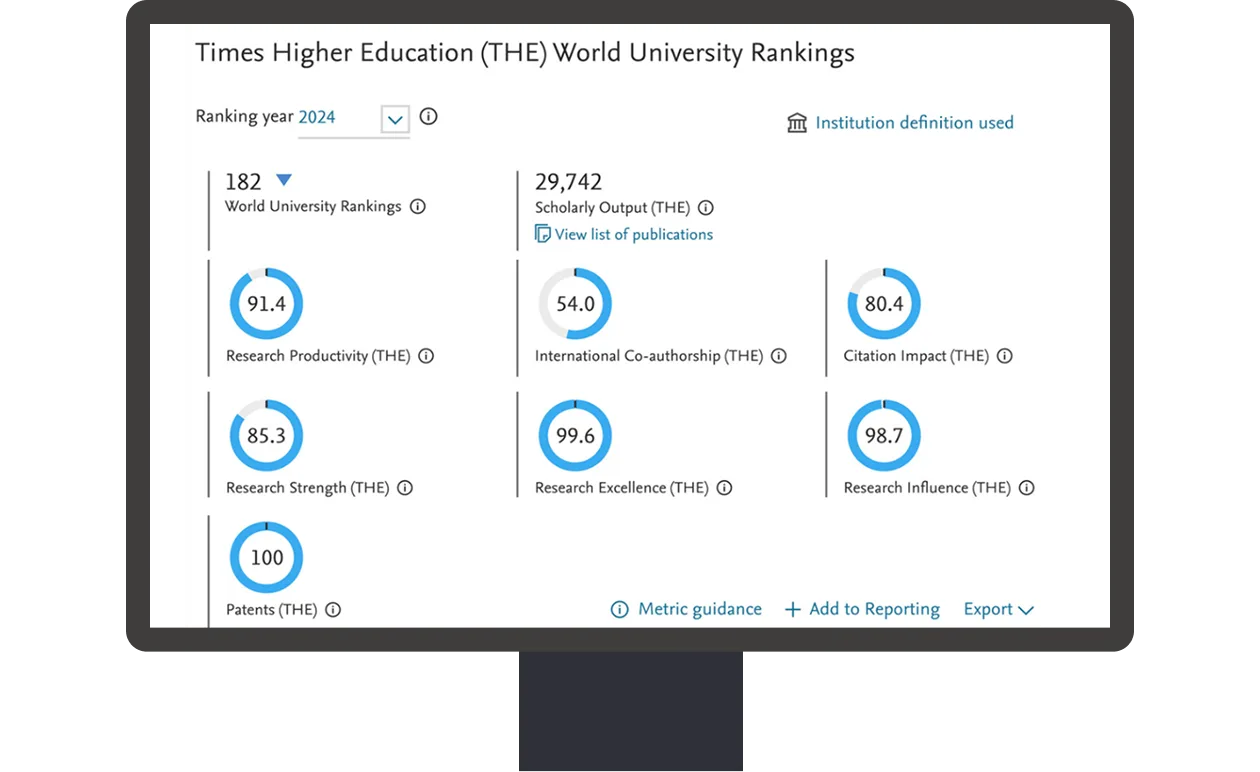Global university rankings guide: A closer look for academic leaders

The World University Rankings guide provides an overview of how major global rankings are developed, what they aim to measure and where their limitations lie. It is intended to support university leaders and research offices in their pursuit of interpreting and understanding rankings alongside other indicators of research performance and institutional activity.











